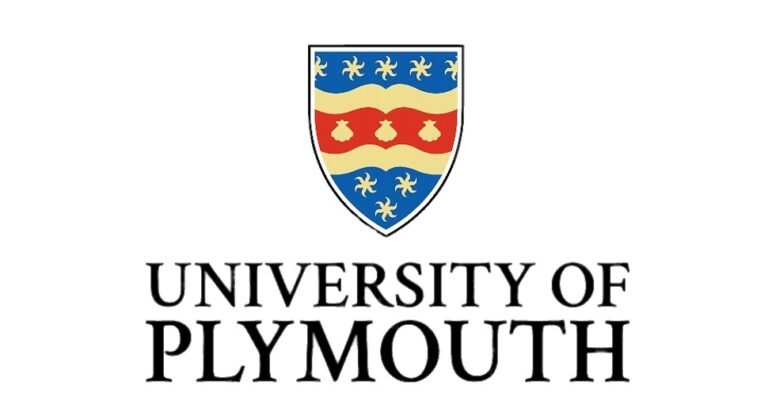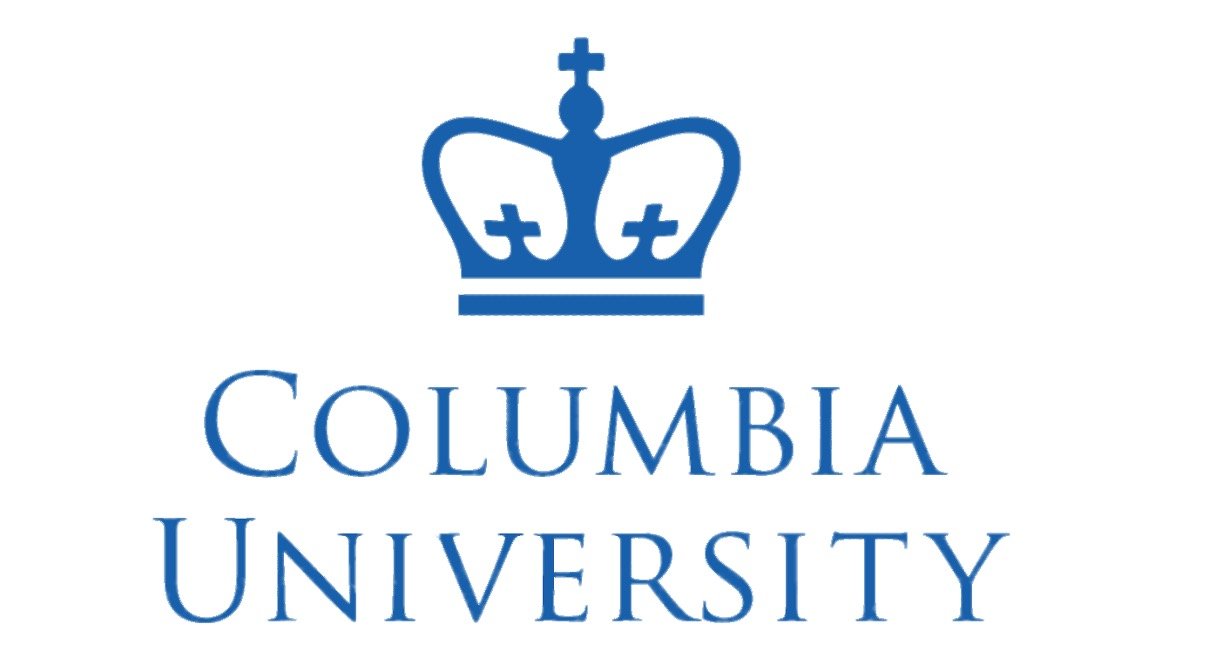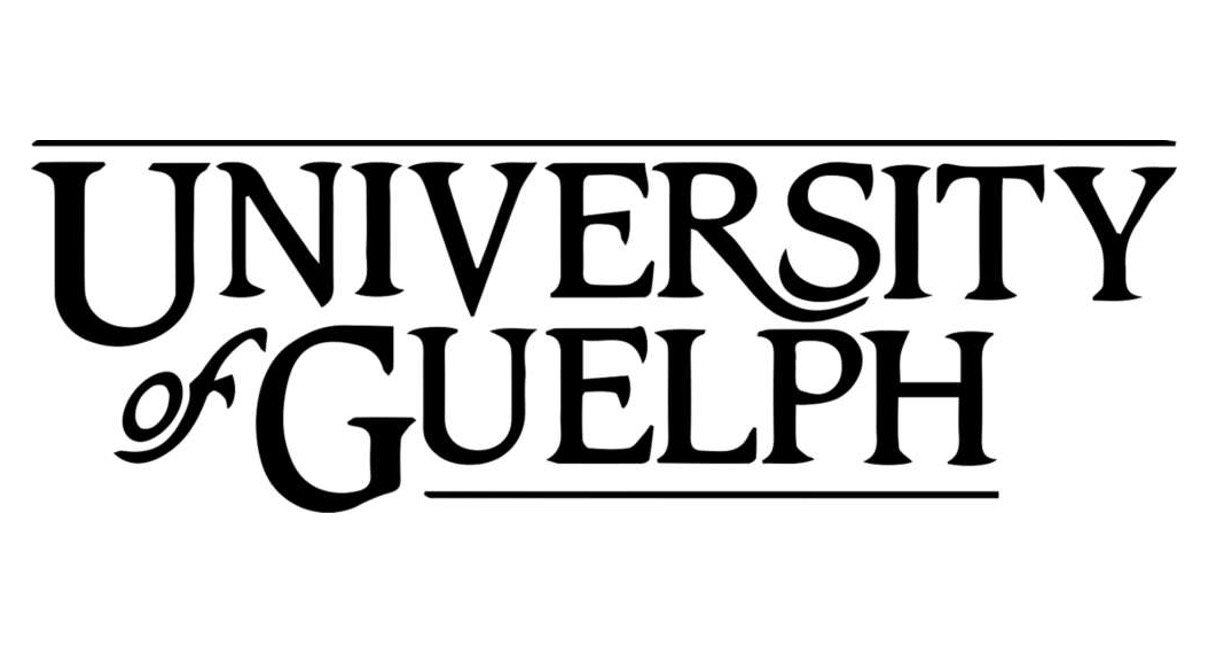Applications are invited for a 3.5 years PhD studentship. The studentship will start on 1 October 2025
Project description
Human induced rapid environmental change (HIREC) places new selection pressures on natural populations. The strength of these will depend on the balance between adaptive phenotypic plasticity, maladaptive impairment, and individual differences in these responses [1]. Behaviour is very sensitive to HIREC [1] so understanding its effects on behaviour is key to predicting long-term consequences for animal populations [1]. Hermit crabs are a model species for studying behavioural responses to HIREC [2] including elevated temperature [1], light pollution [3], noise pollution [4], ocean acidification [1] and microplastics [5], and a model for animal personality, a framework for probing between- and within-individual variation in behaviour [1]. Behavioural responses have been investigated for individual HIRECs but in nature these do not occur in isolation. Therefore, we need to investigate their combined and interactive effects on behaviour. In this project you will conduct experiments to investigate the effects of HIRECs in combination, including examples that could be ameliorated in the short term (light and noise pollution) and those that cannot (microplastics, elevated temperature). Our central questions are: Will combined stressors amplify the effects of single stressors? How these will these combinations effect between- and within-individual variation in behaviour? Using hermit crabs as your model you will conduct laboratory experiments on individual boldness [5] and pairwise resource contest behaviour [1] and, in a field experiment, group-level interactions and resource distribution [4].
Research methodology
Collection of hermit crabs from local sites to use in laboratory behavioural experiments, where you will manipulate noise, light, temperature and microplastics. Behavioural responses will be video-recorded and analysed using specialist software. You will also undertake a field survey of resource distribution within hermit crab populations at differently impacted sites.
Training
All aspects of working with a decapod model including husbandry, ethics, experimental design and behavioural observation, and how to manipulate light and soundscapes in the laboratory. Coaching in statistics.
Person specification
An enthusiasm for animal behaviour and its importance for understanding responses to HIREC is essential. Experience with data analysis using R and knowledge of core concepts in behavioural ecology, or of anthropogenic impacts on the environment are desirable.
References
Tawfiqur R, Candolin U. 2020. Linking animal behavior to ecosystem change in disturbed environments. Frontiers in Ecology and Evolution 10. DOI=10.3389/fevo.2022.893453.
Briffa M, Arnott G, Hardege JD. 2024. Hermit crabs as model species for investigating the behavioural responses to pollution. Science of The Total Environment, 906, 167360. https://doi.org/10.1016/j.scitotenv.2023.167360.
Velasque M, Denton JA, Briffa M. 2023. Under the influence of light: How light pollution disrupts personality and metabolism in hermit crabs. Environmental Pollution, 316, 120594. https://doi.org/10.1016/j.envpol.2022.120594.
Tidau S, Briffa M. 2024. Anthropogenic noise limits resource distribution without changing social hierarchies. Science of The Total Environment, 922, 171309. https://doi.org/10.1016/j.scitotenv.2024.171309.
Nanninga GB, Horswill C, Lane SM, Manica A, Briffa M. 2020. Microplastic exposure increases predictability of predator avoidance strategies in hermit crabs. Journal of Hazardous Materials Letters, 1, 100005. https://doi.org/10.1016/j.hazl.2020.100005.
Eligibility
Applicants should have a first or upper second class honours degree in Earth, Environmental, or Biological Science or a relevant Masters qualification.
If your first language is not English, you will need to meet the minimum English requirements for the programme, IELTS Academic score of 6.5 (with no less than 5.5 in each component test area) or equivalent.
ARIES is currently awaiting confirmation of funding under the BBSRC-NERC DLA award scheme, which is expected shortly. Funding for this studentship is subject to this confirmation.
Successful candidates who meet UKRI’s eligibility criteria will be awarded a fully-funded ARIES studentship of fees, maintenance stipend (£19,237 p.a. for 2024/25) and research costs.
A limited number of ARIES studentships are available to International applicants. Please note however that ARIES funding does not cover additional costs associated with relocation to, and living in, the UK.
NB: The studentship is supported for 3.5 years of the four-year registration period. The subsequent 6 months of registration is a self-funded ‘writing-up’ period.
ARIES is committed to equality, diversity, widening participation and inclusion in all areas of its operation. We encourage applications from all sections of the community regardless of gender, ethnicity, disability, age, sexual orientation, and transgender status. Projects have been developed with consideration of a safe, inclusive, and appropriate research and fieldwork environment. Academic qualifications are considered alongside non-academic experience, with equal weighting given to experience and potential.
For further information, please visit www.aries-dtp.ac.uk.
If you wish to discuss this project further informally, please contact Professor Mark Briffa.
Please see our apply for a postgraduate research programme page for a list of supporting documents to upload with your application.
For more information on the admissions process generally, please visit our Apply for a postgraduate research programme page or contact the Doctoral College.
The closing date for applications on 8 January 2025.
Shortlisted candidates will be invited for interview after the deadline. We regret that we may not be able to respond to all applications. Applicants who have not received a response within six weeks of the closing date should consider their application has been unsuccessful on this occasion.








